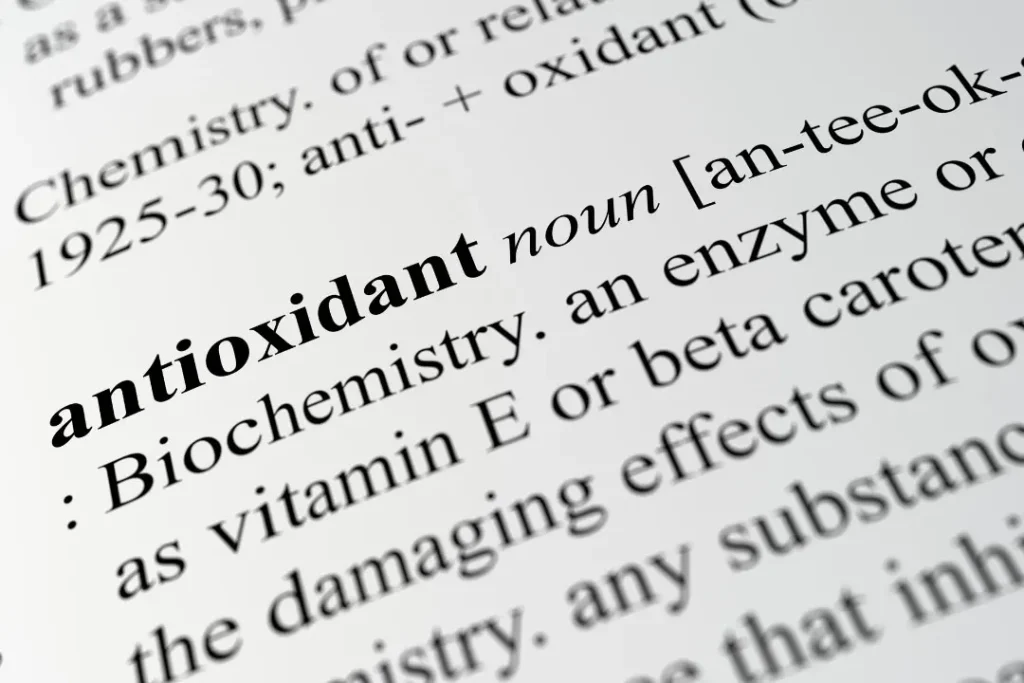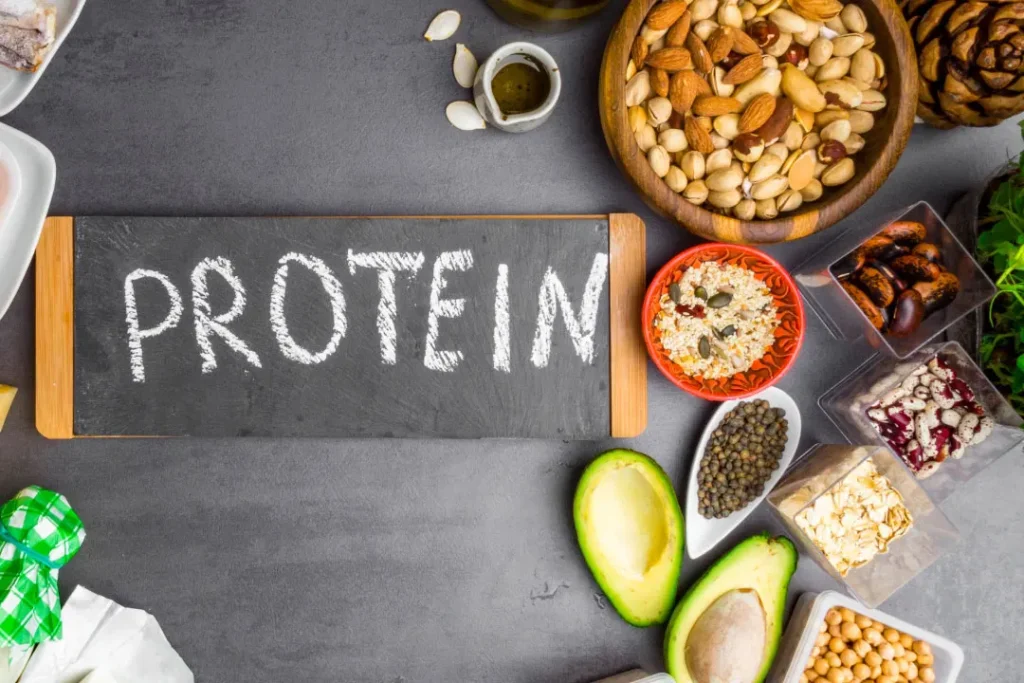The tropical shrub species known as Divi-Divi (Caesalpinia coriaria), which is endemic to the Americas, is well known for its variety of uses. Although the plant’s broad-spectrum bioactive compounds have attracted interest from the fields of traditional medicine and nutritional supplementation, it is mostly employed for its high tannin concentration in the production of leather. Based on the best available research, this page explores the nature, health advantages, recommended dose, adverse effects, and potential drug interactions of Divi-Divi.
You May Also Like:
Expand Your Mind With Nootropics: Building a Better Brain
Finding the Best Supplements for Brain Fog After COVID: 5 Top Brands Reviewed
Divi-Divi: Benefits, Dosage, Side Effects, Drug Interactions, and Other Important Information is an original (NootropicsPlanet) article.
Nature of Divi-Divi
The twisted, atypically formed pods of Caesalpinia coriaria, a member of the Fabaceae family, serve as a defining characteristic of this plant. The plant contains a variety of phytochemicals, including glycosides, tannins, terpenoids, phenols, and flavonoids. The most prevalent of them is tannin, a polyphenolic substance renowned for its strong antioxidant qualities.

Health Benefits of Divi-Divi
The complex phytochemical makeup of Divi-Divi is primarily responsible for its therapeutic effects. The body’s oxidative stress is known to be reduced by antioxidants like tannins and flavonoids, which can help avoid chronic diseases.
- Antioxidant Effect: Divi-Divi’s high tannin content is crucial in combating dangerous free radicals, hence reducing the risk of oxidative stress-related illnesses like cancer, cardiovascular disease, and neurological disorders.
- Antibacterial Properties: Several investigations have indicated that Divi-Divi extracts have antibacterial effects against a variety of infections. This feature is also a result of the plant’s tannins and terpenoids, which strengthen the body’s immune system and advance general health.
- Digestive Health: Divi-Divi has been utilized by traditional medicine for digestive problems for a long time, and new scientific data confirms its effectiveness in treating gastrointestinal ailments. The presence of tannins helps treat diarrhea and dyspepsia by protecting the intestinal mucosa and precipitating proteins.

Chemistry of Divi-Divi
A complex blend of several substances, notably tannins, flavonoids, phenols, terpenoids, and glycosides, make up the phytochemical profile of Divi-Divi.
Tannins: These are molecularly large, water-soluble polyphenols. The two primary forms of tannins in Divi-Divi are condensed and hydrolyzable. Many of their biological impacts are a result of their special capacity to combine with proteins and other macromolecules to create complexes.
Flavonoids: These substances are well-known for having anti-inflammatory, antioxidant, and anti-cancer activities. Divi-Divi contains flavonoids such as quercetin, rutin, and kaempferol.
Phenols: Phenols are chemical compounds with an aromatic structure and one or more hydroxyl groups linked to a carbon atom in the aromatic ring. They possess strong antioxidant qualities.
Terpenoids: Terpenoids are a vast and varied family of naturally occurring organic compounds that are generated from isoprene units with five carbons. Terpenoids have been linked to a variety of biological processes, including actions that are antibacterial, antiviral, and anti-inflammatory.
Glycosides: Glycosides are substances in which a sugar is joined to an unrelated molecule. They exhibit a wide range of biological actions, including anti-inflammatory, anticancer, and antioxidant properties.
Physiological Mechanisms of Action of Divi-Divi
As mentioned, Divi-Divi’s abundant tannin concentration is principally responsible for its physiological effects, however, other phytochemicals play a sizable role as well.
Antioxidant Mechanism: The tannins and flavonoids in Divi-Divi work as antioxidants by scavenging dangerous reactive oxygen and nitrogen species (RNS), reactive oxygen species (ROS), and free radicals. They stabilize these reactive entities and stop cellular damage by giving them hydrogen atoms or electrons.
Tannins’ ability to precipitate microbial proteins serves as an antimicrobial mechanism that renders bacteria inactive. Terpenoids cause microorganisms’ cellular membranes to rupture, which results in cell death and content spillage.
Tannins have a protective impact on the gastrointestinal mucosa, which is their gastroprotective mechanism. They lessen irritation and inflammation by precipitating proteins and forming a shield over the stomach and gut walls. Additionally, by preventing toxins and viruses from sticking to the intestinal walls, this barrier helps improve gut health in general.
In conclusion, Divi-Divi’s potential as a versatile health supplement is highlighted by its chemical makeup and the physiological mechanisms that go along with it. But in order to determine suggested doses and better understand its safety profile, further thorough clinical trials, and mechanistic research are required.
Optimal Dosage of Divi-Divi
Divi-Divi dose recommendations are mostly based on your desired therapeutic outcome, general health, age, and body weight. Due to the low number of human clinical trials, there is currently no recognized optimum dose for Divi-Divi supplementation. Therefore, it is wise for you to get advice from medical specialists before using it.
Side Effects of Divi-Divi
Despite the health advantages, over usage of Divi-Divi may have negative consequences. Constipation, liver damage, and upset stomach are all potential side effects of consuming too much tannin. Some people may also experience adverse responses including rashes or respiratory problems.

Potential Substance Interactions with Divi-Divi
Divi-Divi’s high tannin concentration can interact with a variety of drugs, including:
- Iron: Tannins can bind to dietary iron, preventing it from being absorbed and perhaps causing anemia from an iron deficiency.
- Proteins: The ability of tannins to precipitate proteins can affect how well diets high in protein are digested and absorbed.
- Drugs: Tannins may either increase or decrease the effects of several drugs, including anticoagulants.

Best Responsible Use of Divi-Divi
Due to its abundant phytochemical content, Divi-Divi is a promising natural resource that offers a variety of health advantages. Although its anti-inflammatory, antibacterial, and gastroprotective effects have been supported by science, further research is necessary to determine the ideal dose and get a thorough grasp of its possible interactions with other supplements and chemicals. Harnessing the advantages of this priceless plant requires safe, careful use under the direction of medical specialists.
Divi-Divi:
Conclusion
Divi-Divi has gained attention in the scientific field as it is rich in tannins and other bioactive compounds which give strong antioxidant properties. This antioxidant effect relieves the body’s oxidative stress and prevents the onset of chronic illnesses like cancer. Divi-Divi has long been used traditionally to relieve gastrointestinal ailments and through recent studies, it is shown that Divi-Divi confirms its potential in supporting digestive health.
Divi-Divi is also able to prevent infections due to its antibacterial properties. However, further research is required to comprehensively explore and validate the effects and safety of Divi-Divi as a supplement as it may cause negative effects like constipation, liver damage, and upset stomach if not consumed appropriately. You should seek advice from healthcare professionals is crucial before incorporating Divi-Divi into your supplement routine to ensure it aligns with your specific health needs.
References:
- Divi-Divi: Uses, Side Effects, and More. Retrieved from: https://www.webmd.com/vitamins/ai/ingredientmono-425/divi-divi#:~:text=Ingredients%20in%20the%20divi%2Ddivi,evidence%20to%20support%20these%20uses.
- Antibacterial Potential of Caesalpinia coriaria (Jacq) Willd Fruit against Aeromonas spp. of Aquaculture Importance. Retrieved from: https://pubmed.ncbi.nlm.nih.gov/35203219/
- In Vitro and In Vivo Anthelmintic Properties of Caesalpinia Coriaria Fruits against Haemonchus Contortus. Retrieved from: https://pubmed.ncbi.nlm.nih.gov/36209935/
Important Note: The information contained in this article is for general informational purposes only, and should not be construed as health or medical advice, nor is it intended to diagnose, prevent, treat, or cure any disease or health condition. Before embarking on any diet, fitness regimen, or program of nutritional supplementation, it is advisable to consult your healthcare professional in order to determine its safety and probable efficacy in terms of your individual state of health.
Regarding Nutritional Supplements Or Other Non-Prescription Health Products: If any nutritional supplements or other non-prescription health products are mentioned in the foregoing article, any claims or statements made about them have not been evaluated by the U.S. Food and Drug Administration, and such nutritional supplements or other health products are not intended to diagnose, treat, cure, or prevent any disease.


